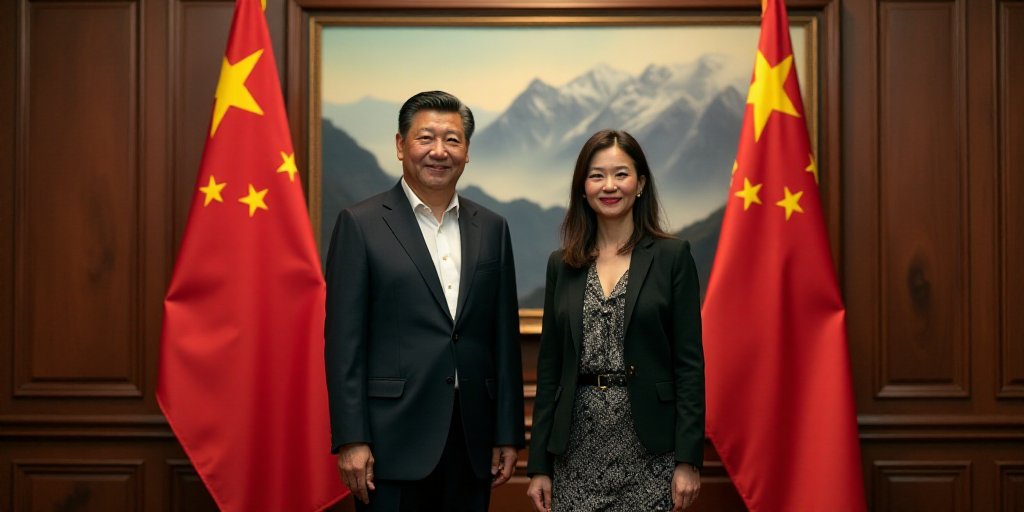Background on Key Figures and Context
China has reaffirmed its commitment to normalizing relations with the European Parliament (EP) as it seeks to strengthen economic and political ties with Brussels amidst growing global trade frictions. This development comes in the wake of disputes over alleged human rights abuses in Xinjiang, a region in western China.
Reinhard Bütikofer, a German politician and former EP member who previously headed the European Parliament’s delegation to China, was among those sanctioned by Brussels in March 2021 for human rights abuses in Xinjiang. As a result, Bütikofer faced travel restrictions to China and was barred from conducting business there.
In response, China included 10 EU individuals and four entities on its blacklist. This move was part of escalating tensions between the EU and China over human rights concerns in Xinjiang.
Recent Developments and Agreements
China’s Ministry of Foreign Affairs acknowledged the recent hurdles in exchanges between Chinese and European legislative bodies, stating that both parties now prioritize reinforcing dialogue and cooperation.
According to Ministry spokesperson Lin Jian, China and the European Parliament have decided to lift all restrictions on mutual exchanges of parliamentarians. This decision was confirmed by both parties at the end of April this year.
The South China Morning Post reported that China had removed the “restrictions” imposed on Bütikofer, allowing him to resume his activities without sanctions.
Upcoming Summit and Key Participants
These developments precede the upcoming China-EU summit, scheduled for late July. The leaders of both entities, Ursula von der Leyen (President of the European Commission) and António Costa (Prime Minister of Portugal, currently holding the EU Council’s rotating presidency), are expected to meet with Chinese President Xi Jinping and Premier Li Qiang.
Key Questions and Answers
- Who are the key figures involved in this development?
Key figures include Reinhard Bütikofer, a German politician and former member of the European Parliament; Ursula von der Leyen, President of the European Commission; António Costa, Prime Minister of Portugal (currently holding the EU Council’s rotating presidency); Xi Jinping, President of China; and Li Qiang, Premier of China.
- What were the initial disputes between China and the EU?
The disputes stemmed from allegations of human rights abuses in Xinjiang, a region in western China. In response to these concerns, the EU imposed sanctions on Chinese individuals and entities.
- What recent agreements have been made between China and the EU?
China and the European Parliament have agreed to lift all restrictions on mutual exchanges of parliamentarians, allowing for improved dialogue and cooperation.
- What is the significance of the upcoming China-EU summit?
The summit will bring together key leaders from both entities to discuss strengthening economic and political ties amidst global trade frictions.






